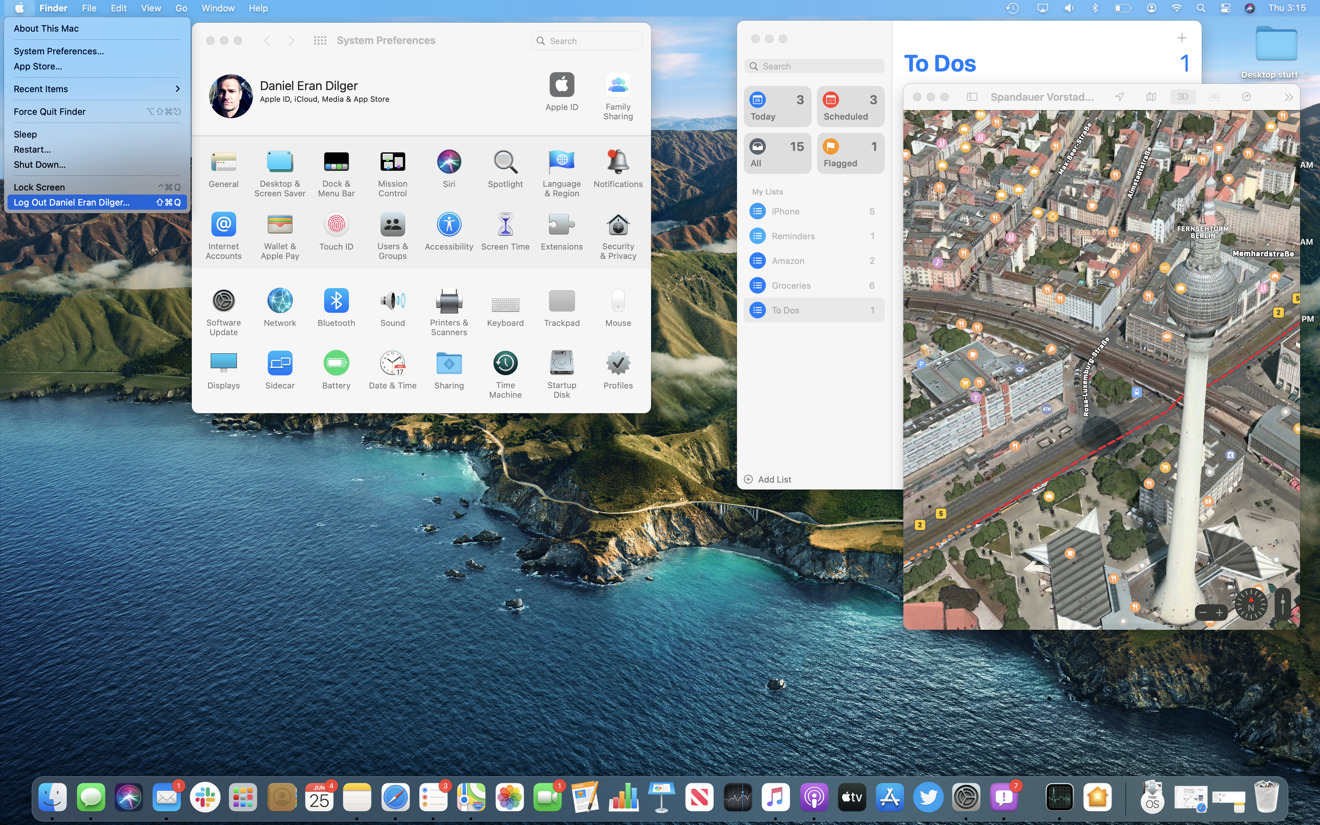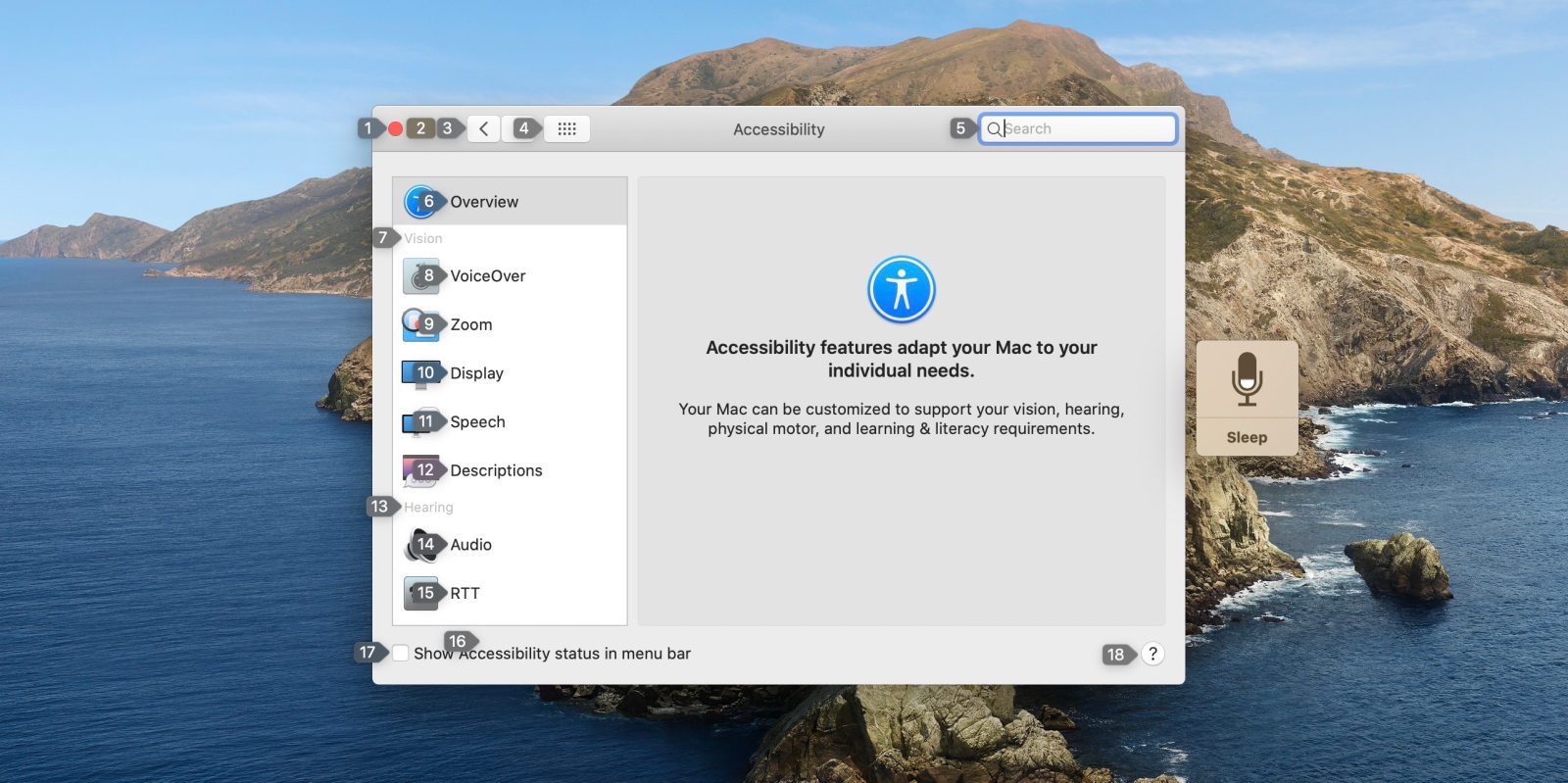No Breaks Focus!!! Mac OS
For Apple News, Rumors, Reviews, Prices, and Deals, trust AppleInsider. Serving Apple product enthusiasts since 1997. (I am asking this in case I ever find myself using a Mac with Hog3PC installed.) Though I don't have a Mac to test on, yesterday I was asked if I knew how to get around the no Pause/Break button issue when using a Mac laptop with Windows XP installed via Bootcamp (a partition, not a virtualization, so other than the keyboard it is virtually the same).
- No Breaks Focus Mac Os Download
- No Breaks Focus Mac Os Catalina
- No Breaks Focus Mac Os X
- No Breaks Focus Mac Os 11
When you notice a noise related to braking, a difference in braking performance, or a burning smell while driving, get a brake check right away.
Brake servicing is one of those routine maintenance chores you just cannot ignore. Brake parts have a life span and they do need to be regularly serviced and sometimes replaced to work properly.
Fortunately, your car or truck usually gives you some clear signals that your brakes are due. Sometimes they’re harmless noises that don’t require repairs or have simple fixes. Other times not.
Your brakes are one of the most important safety components in your vehicle. So if you notice any of the following common warning signs of brake issues, it’s time to get a professional to check your car, truck or SUV pronto. You’ll drive safer and head off more expensive damage.
1. Brake Light On
When one of the red or yellow brake indicators on your dashboard lights up it may mean you’re just due for an inspection. It could also be your vehicle’s smart electronics alerting you to a problem.
An engaged parking brake could also cause the light to go on. Be sure it’s fully released to confirm that’s not the issue. (And read up on what all your dashboard brake lights mean.)
2. Squealing, Squeaking or Grinding Noises
Hearing a Metallic Squeal While You’re in Motion?
If you start hearing a high-pitched noise that stops when you apply the brakes that’s likely the sound of the brake pad wear indicators. They’re made of steel so they make this sound when they start contacting the rotor.
They’re letting you know that your pads are worn out and need to be replaced before you get rotor damage, which can be an expensive fix.
Grinding Sound When Brakes Are Applied?
Grinding that you also feel in the pedal could mean a number of things. There could just be some gravel or a rock caught in the caliper unit, easily remedied.
But you may have gone too long without brake servicing. The brake pads may be worn through, and you’re hearing metal on metal that could be creating grooves in the brake rotor. Not good.
Grinding could also be an indicator of lack of lubrication in vehicles with rear drum brakes. The brake shoe (the component that presses on the rotor to slow the vehicle) could be scraping on metal contact points like the backing plate, due to rust.
If you hear any of these sounds, get your brakes looked at right away to head off more expensive problems.
No Breaks Focus Mac Os Download
3. Wobbling, Vibration or Scraping When Braking
Shaking in the steering wheel or vibration when you apply the brakes may be the result of an uneven rotor.
Brake rotors are big discs that sit inside of the wheels. When you hit the brake pedal, the brake pads hug the rotors, slowing them and your vehicle. You want rotors to be smooth and completely even in thickness.
Over time and thousands of wheel revolutions, it’s normal for the rotor surface to get slight variations. Rust can also sometimes develop. During brake servicing, the face of the rotor is often trued (smoothed and evened out) to correct these flaws.

No Breaks Focus Mac Os Catalina
This work has to be done exactly to your vehicle’s specifications. The tiniest differences in disc thickness — we’re talking thousandths of an inch, about three sheets of paper in width — can cause a wobbly feeling when you brake.
An uneven rotor surface may also cause the rotor to hit one of the brake pads as it spins, causing some of the pad material to transfer onto the rotor in that spot. Then you’ll feel shaking when braking, as the pad hits that bump in the rotor.
Another possible cause of rough braking is the brake caliper not releasing properly. The job of a brake caliper is to squeeze the brake pads against your brake rotors, which slows your vehicle down. It’s the motion of the piston inside the caliper unit that causes this contact.
Due to wear from heat or road debris, the piston can get sticky. It may not retract the pads back into the full “off” position when you let up on the brake pedal.
A fourth cause of bumpy braking could be damage to your brake components from improper wheel lug nut installation. (The lug nuts are the big bolts that clamp your tire and wheel onto the hub of your car.)
Any time tires are removed, it’s crucial for the lug nuts to be put back on in the right order, evenly, at just the right tightness (torque). It has to be done in a star pattern, with just the right pressure. If not, you’ll get uneven, premature rotor wear and be back for service sooner rather than later.
4. Leaking Fluid
If you’re experiencing a soft brake pedal, have a service technician look for fluid leaking from the master cylinder or elsewhere in the brake system.
The master cylinder is the unit that creates the power for your brakes. It has a reservoir like the one for your wiper fluid that contains brake fluid.
When you apply the brakes, this fluid is pushed through thin piping, creating hydraulic pressure. If fluid is leaking from this system, there may not be enough power to force the brake pads to clamp hard to the rotors.

5. Spongy or Soft Brake Pedal
If you notice a difference in the resistance in the brake pedal — it feels “softer,” or sinks all the way to the floor mat when you press on it — it’s a sign you need immediate service. There could be air or moisture in the braking system or a problem with the master cylinder. Generally, in autos with power brakes the pedal should stop 1 to 1 ½ inches from the floor. If you have manual brakes, the pedal should stop more than 3 inches from the floor.
6. Car Pulling to One Side When Braking
No Breaks Focus Mac Os X
This could be caused by a brake hose gone bad or a caliper problem. One brake caliper may be applying more or all the pressure during braking, resulting in unbalanced stopping.
7. Burning Smell While Driving
A sharp, chemical odor after repeated hard braking on steep roads is a sign of overheated brakes or clutch. Pull over immediately in a safe place, check your parking brake to make sure it’s fully released and allow the brakes to cool. If you don’t, you risk heating up the brake fluid to boiling, which can cause brake failure.
If there’s any smoke coming from a wheel, it may be a stuck brake caliper and possibly unsafe to continue driving on without repairs.
8. Bouncing Up and Down When You Stop Short
No Breaks Focus Mac Os 11
If your vehicle rocks or bounces with sharp braking, it’s probably not a brake problem at all. Your shock absorbers may need to be replaced.
Not every brake noise or symptom is going to cost you. It could be a harmless squeak from certain types of material in brake pads. There may be dust or moisture somewhere in the braking system that isn’t causing damage. You may just need to add new brake fluid.
But you need to be sure.
Brake parts wear out over time. Self-diagnosing symptoms or delaying brake servicing could put you and your passengers at unnecessary risk. And like with a lot of automotive issues, if there is a problem, the longer you put it off the more you risk big repair bills.
Brake problems far from home are a real inconvenience. Get a free brake check before your next road trip. Find the closest Les Schwab Tires and come on by.